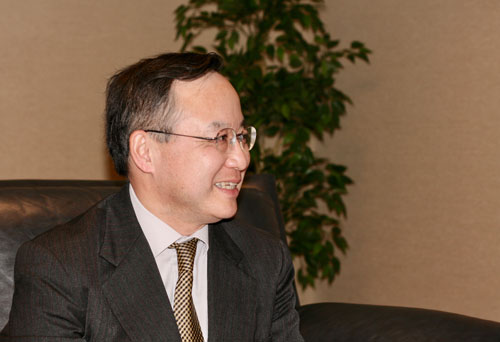
by Bruce Rutledge
Major players from Japan and some of the most cutting-edge startups in the artificial intelligence sector held meetings and presentations in Seattle to further ties earlier this month. The mood was upbeat. Change in this sector is coming rapidly. The North American Post reported last week that Seattle was considered the AI capital of the world by many.
But amid the heady business talk was a note of caution delivered by Consul-General Yoichiro Yamada. His words reveal the challenges ahead for AI and the society it will inevitably change. After imagining a world where pizzas are delivered by drones, he reminded everyone of the dark side of all this development:
“I don’t want the drone to take a picture of my apartment, which might reveal whom I meet and what books I read. I don’t want my government to use all the cameras in the town to observe whom I meet and where I go. If all such data becomes available to a dictatorial government, it means the death of freedom.
“In the novel 1984, there is a device called the telescreen through which Big Brother watches every movement in the house,” the consul general continued, adding that when Facebook CEO Mark Zuckerbberg was on TV, people realized he had taped over the camera and microphone of his laptop. “He could hide the camera of his computer, but in 1984, you cannot switch off the telescreen. And if a brave new world is to come, I would rather live as a savage than live as a mind-controlled Alpha Plus, because I cherish my freedom.”
Yamada noted that he worked in the Soviet Union in the 1980s, which is one reason he fears who will be in control of these new technologies. He said that he hoped the leaders in AI from Japan and the US will also lead in developing ethics for the coming world. His words provided a fresh reminder that neutral technologies need a guiding hand to make sure they are used for good.






